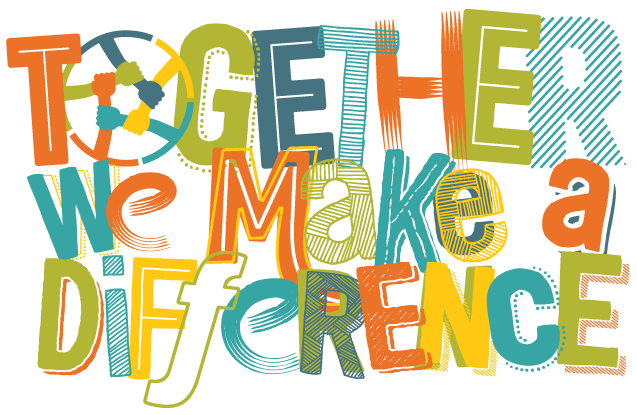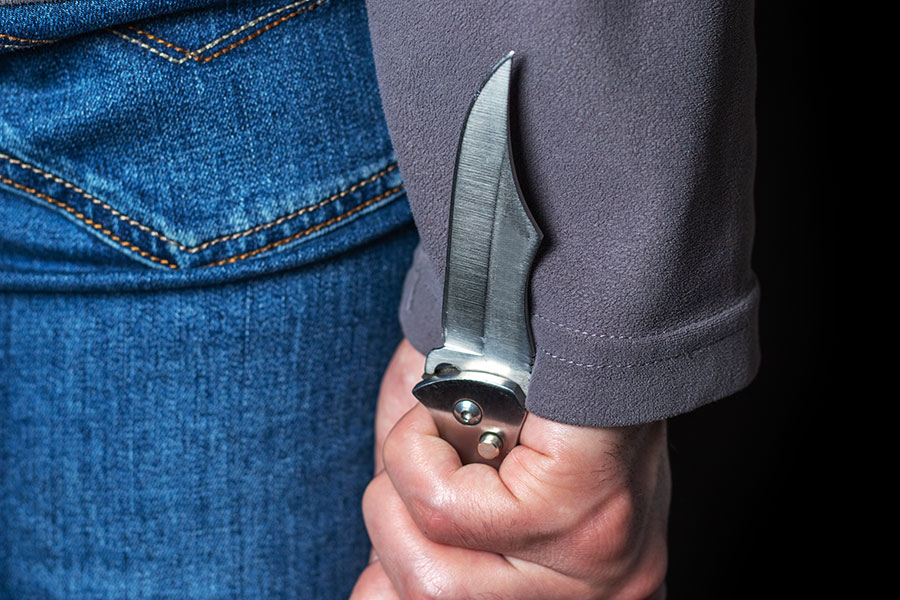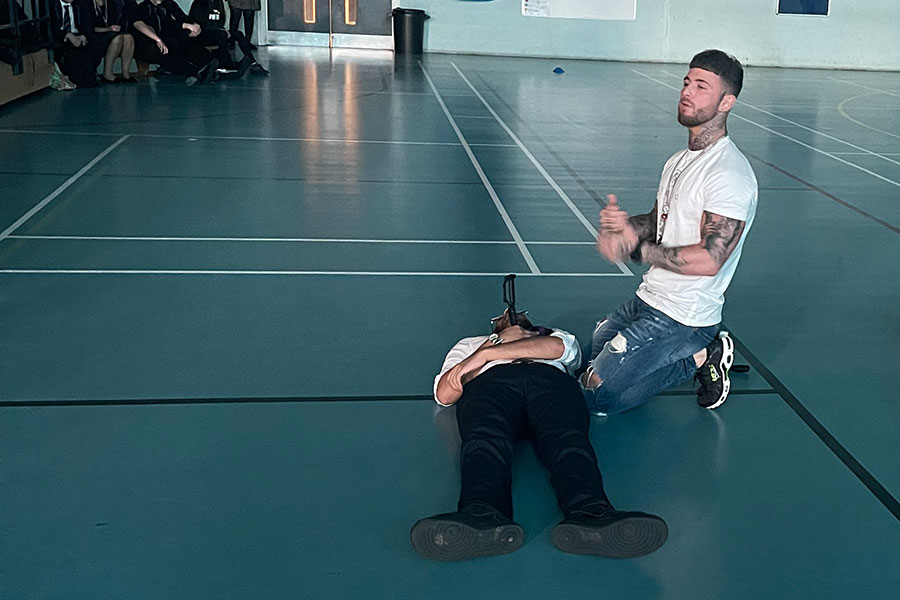Offering urgent support to young people at risk of or exposed to knife crime and youth violence.
Many young people across the UK are affected by knife-related violence – for some, it’s become more and more a part of their everyday life.
Knife crime doesn’t just affect the young person carrying the knife. It can impact their siblings, family members, and friends; there are whole communities of young people who are dealing with the fallout of youth violence.
Children and young people need the right support to escape knife crime. TWMAD mentoring offers urgent engagement to young people who want to change their lives for the better.
Why might a young person carry a knife?
There are many reasons why a child or young person might carry a knife or risk being exposed to youth violence. A young person might carry a knife because:
- it serves as “protection” in the event of an attack,
- it’s seen as the norm in their social group,
- they feel that the police can’t or won’t protect them,
- it helps them feel confident or in control,
- they’re being coerced into doing so by their peer or an adult,
- they feel obligated to carry because of gang involvement.
TWMAD never judge a child or young person for carrying a knife or being involved in youth violence. We focus on connecting with our mentees and listening to their side of the story.
Interested in learning more about how we can support a child or young person in your life?
Key stats
Statistics courtesy of the ONS and Children’s Commissioner for England.
How does knife crime effect children and young people?
Being involved in knife crime can have untold impact on a child or young person – whether they’re the victim, the perpetrator, or a witness.
These incidents can cause or contribute towards anxiety, depression, post-traumatic stress disorder (PTSD), suicide or suicidal ideation, self-harm, loss of confidence/self-esteem, and more.
While an adult may be able to access support for issues like this, many young people have no idea how to go about doing so – or even how to recognise that they need help.
Supporting young people involved in knife crime
At TWMAD, we offer mentoring support and acute intervention to any young person at risk of or is a survivor of youth knife violence. Here’s how we do it…
- Through mentorship, young people can access a non-judgemental space where they can talk about their experiences and explore their feelings.
- Our On the Brink programme allows young people to learn more about knife crime and its impact, connecting them with other survivors of youth violence.
We work with acclaimed anti-knife crime advocate, Byron Highton to deliver potentially life-saving presentations that encourage young people to reconsider carrying knives.
- We’ve partnered with Staffordshire Police for their #ditchtheblade campaign, which highlights the importance of everybody working together to end knife crime.
Through mentoring and the strategies described above, TWMAD work with young people to challenge existing believes and encourage new ideas and approaches.
We strongly believe that children and young people deserve the chance to envision a positive future for themselves, free of youth violence and knife crime – and we’re here to help them get there.




